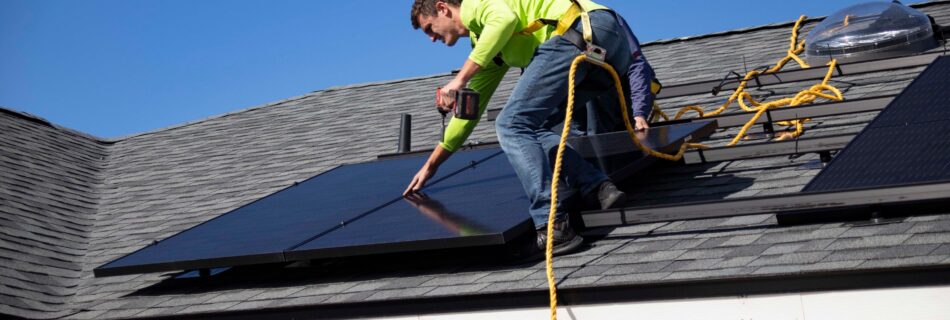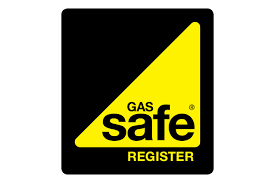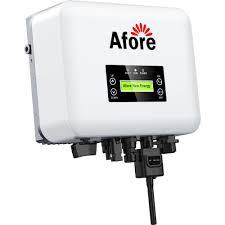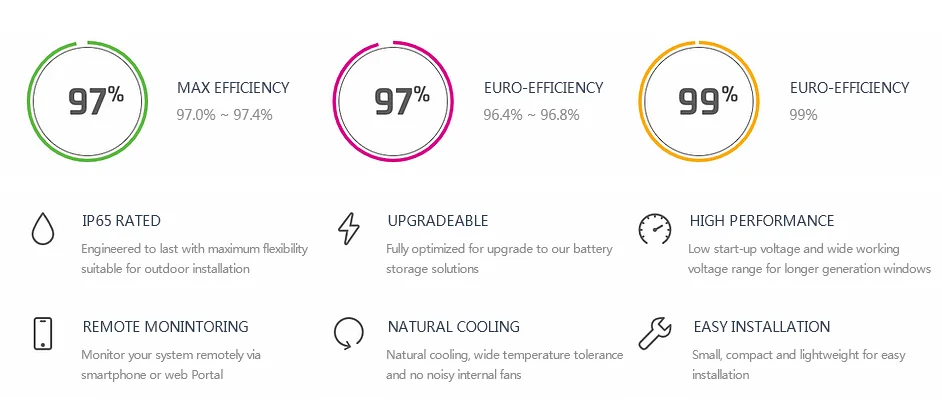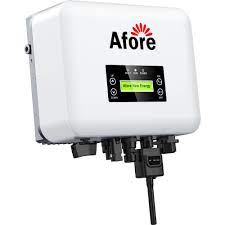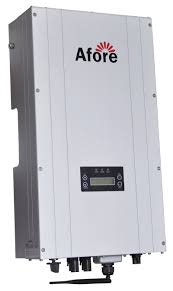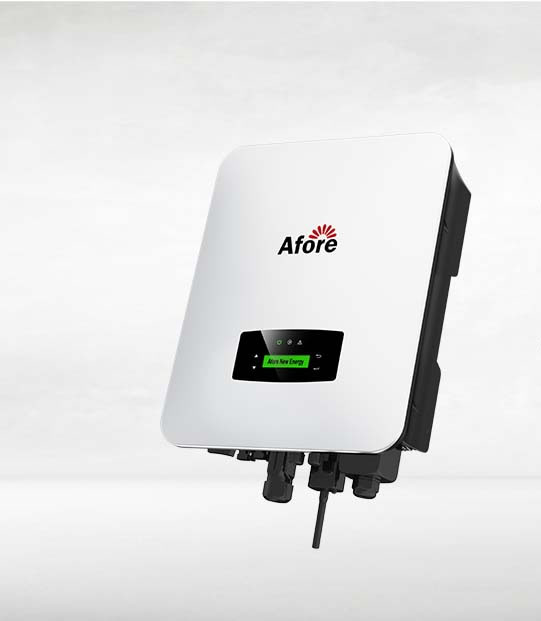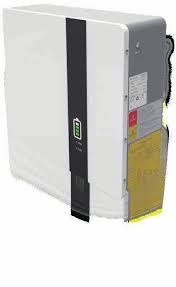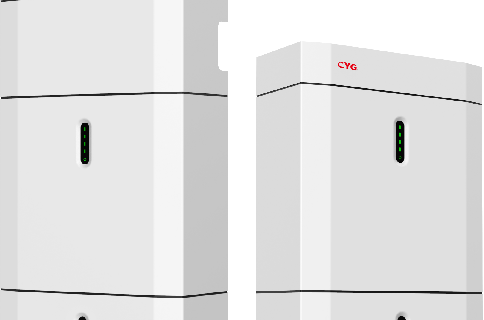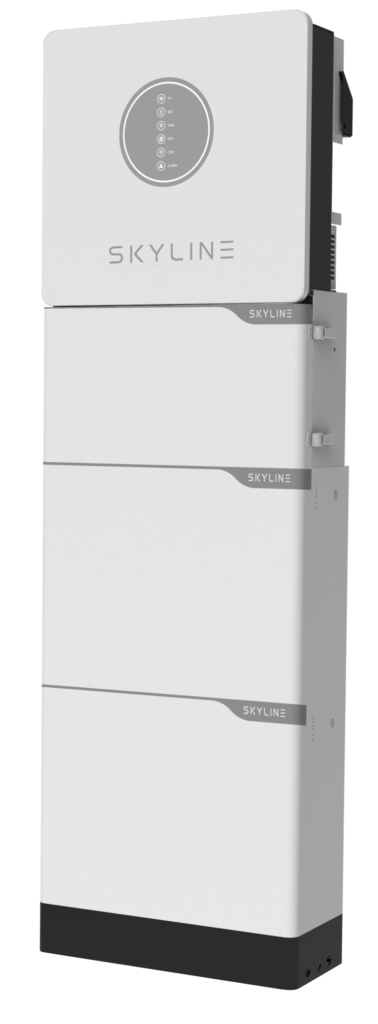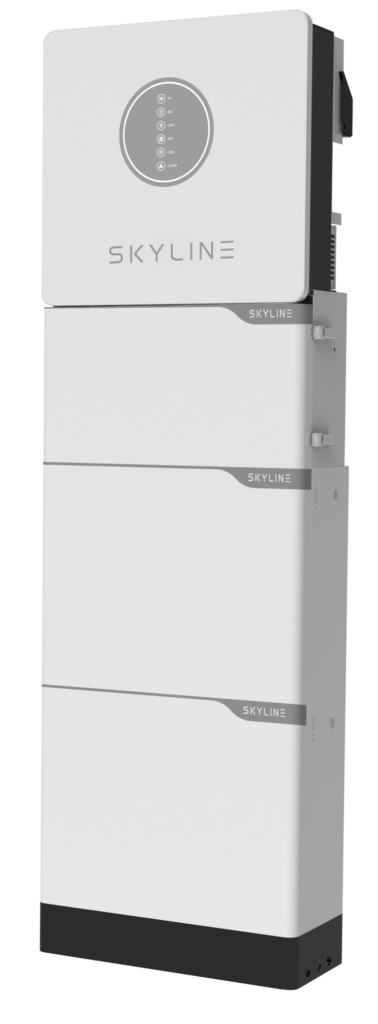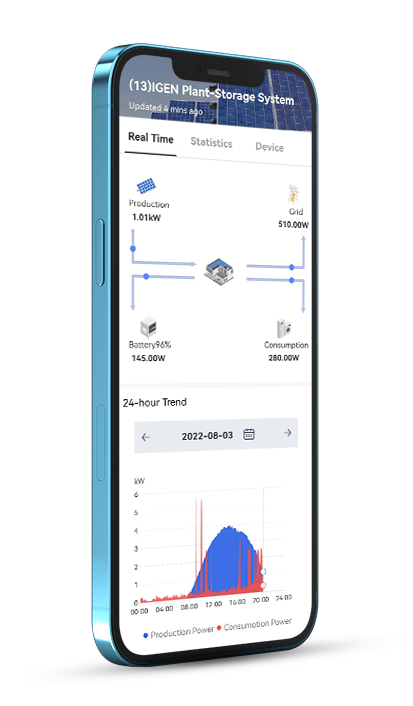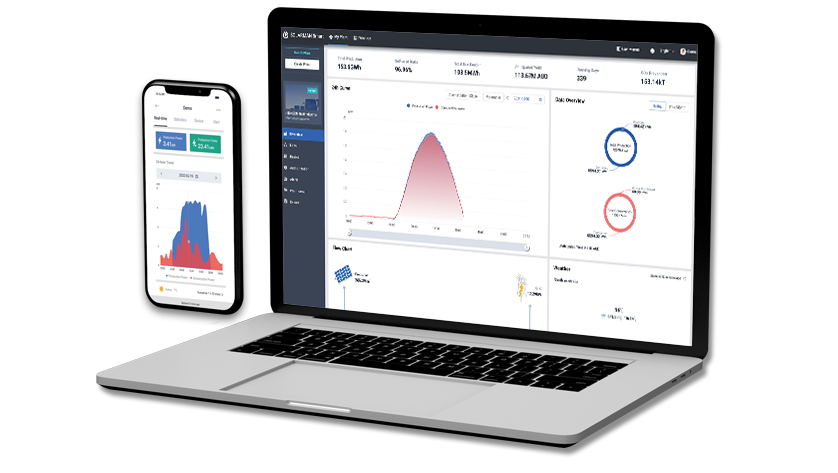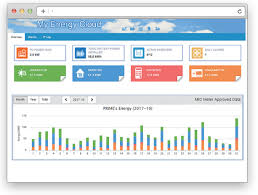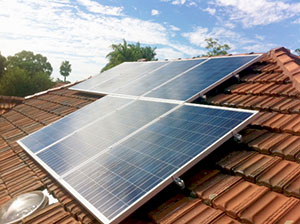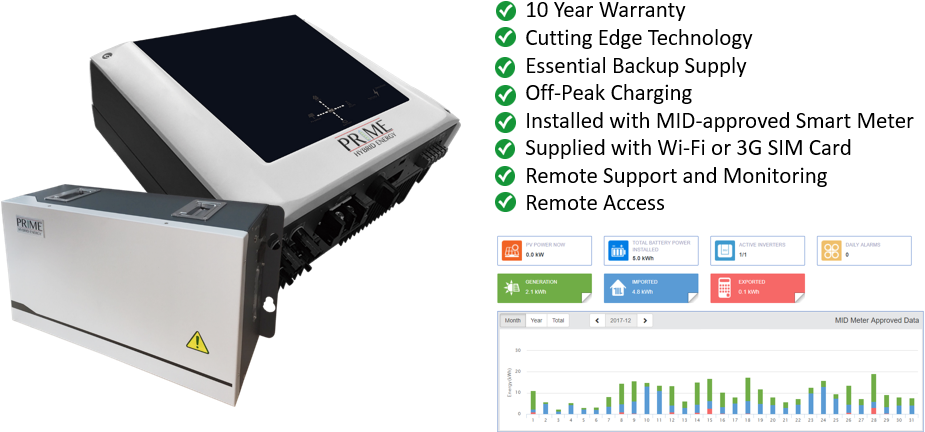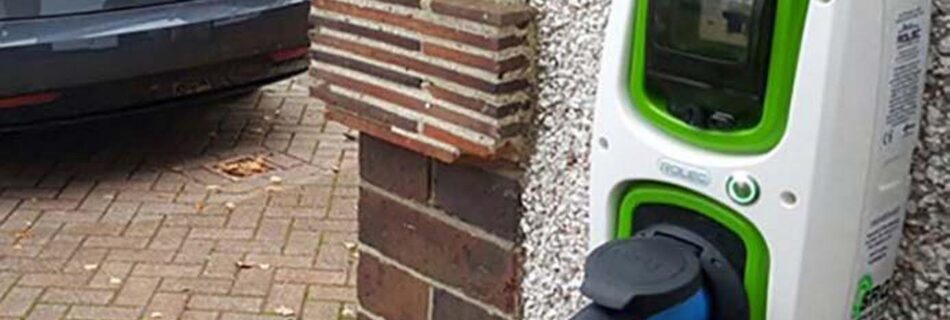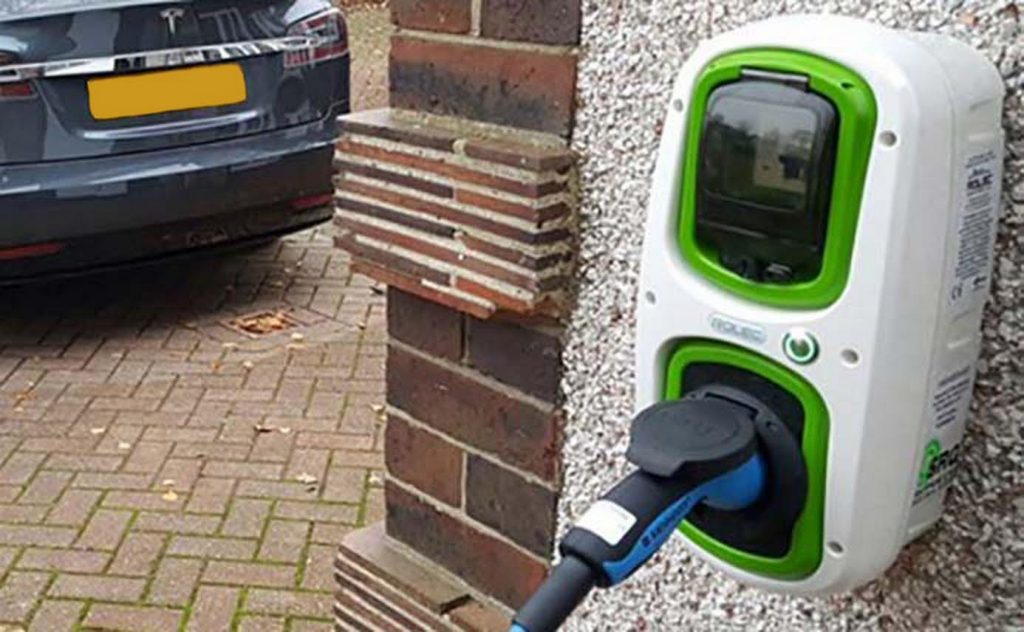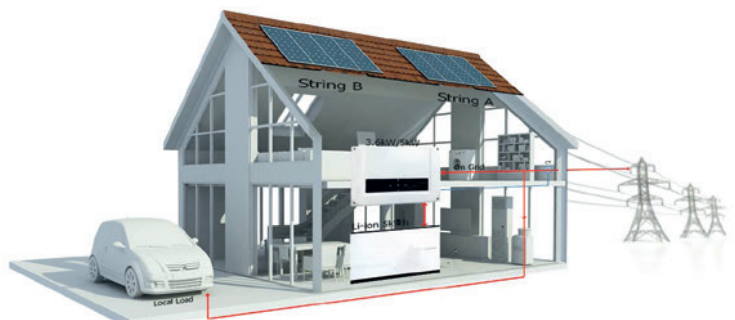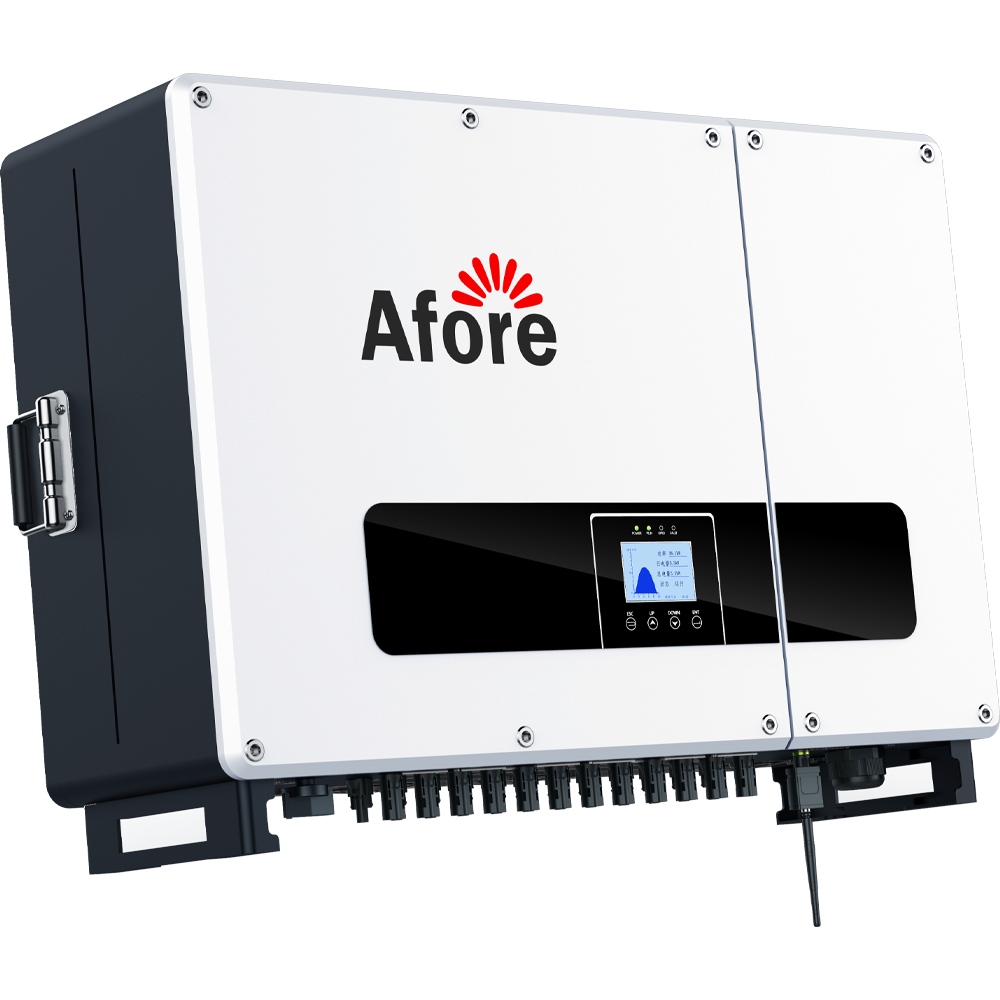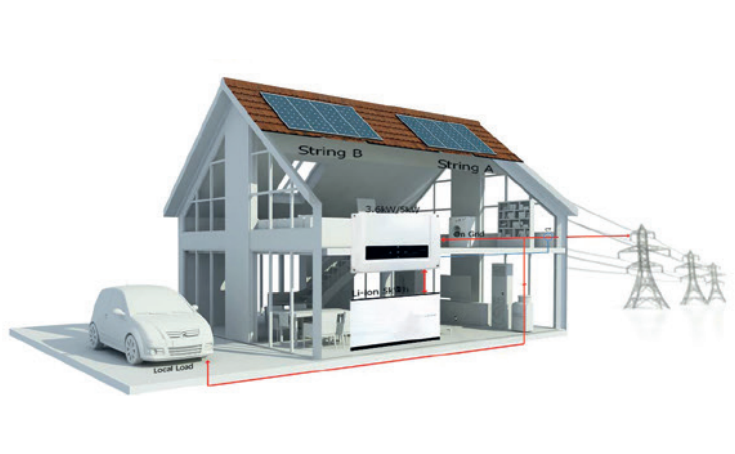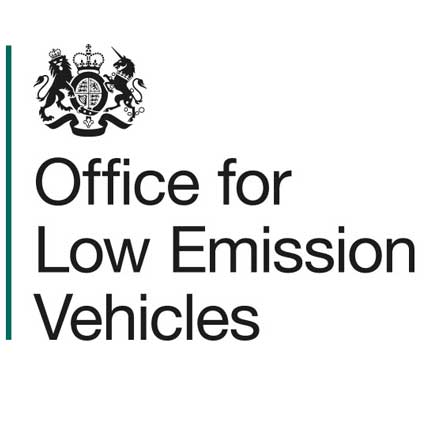As the world continues to become more aware of the impact of climate change, the importance of renewable energy sources such as solar energy cannot be overstated. Solar panels have become increasingly popular in recent years as a way for homeowners to reduce their carbon footprints while also saving money on their electricity bills.
In this blog post, we’ll explore the benefits of going solar and what you need to know before our team installs a solar panel PV system on your roof.
Why you should switch to renewable energy today
The most compelling reason to switch to renewable energy sources like solar power is to reduce your carbon footprint and help slow down the effects of climate change. Solar power systems generate electricity by converting sunlight into energy, so no fossil fuels are being burned and no greenhouse gases are being released into the atmosphere.
In addition to these environmental benefits, solar energy can also save you money on your electricity bills. While the initial cost of installing solar PV panels can be high, the long-term savings are substantial. Depending on the size of your solar panel system and your energy usage, you could save hundreds of pounds each year on your electricity bills.
Are there any disadvantages to solar energy?
While there are many benefits to using solar energy, there are also some potential drawbacks to consider. One of the biggest drawbacks of going solar is the initial cost of installing a solar panel system. The cost can vary widely depending on the size of the system and the complexity of the installation, but most start at around £5,942 for a 4kW system and rise to £8,899 for a 7kW system. However, there are financing options available that can help to make the upfront cost more manageable.
Another potential disadvantage of going solar is that solar panels can be less efficient in areas that don’t get a lot of sunlight. In particular, panels on north-facing roofs, or those that experience a lot of shade, may not generate as much electricity. Ideally, roofs need to be 30 to 40 degrees in pitch, meaning homeowners looking to install panels on flat roofs will also require roof mounting systems.
If you are installing monocrystalline solar panels, like those available at Absolute Solar, you’ll also need to think about the weather. While monocrystalline panels have the highest efficiency rates, usually in the 15-20% range, they tend to be most efficient in warm weather, so they may not be as effective in cooler climates.
What are the advantages of solar energy?
Of course, the advantages of going solar far outweigh the negatives. Here are just some of the benefits of using solar energy include:
Lower electricity bills
One of the most significant benefits of using solar energy is that it can help you save money on your electricity bills. Based on estimates from the Energy Saving Trust, a household with a 3.5 kilowatt-peak system could shave between £195 and £480 per year off their bills at the current Energy Price Guarantee rates.
What’s more, once you’ve paid off the initial cost of installing the solar panel system, the energy it generates is essentially free.
Reduced carbon footprint
By using solar energy to power your home, you’re reducing the amount of greenhouse gas emissions that are released into the atmosphere. According to the Energy Saving Trust, a standard home solar PV system could save around one tonne of carbon per year (note: this depends on where you live in the UK).
Increased property value
Installing a solar panel system can also increase the value of your home, with some suggestions ranging from 4% to 14% on average. Many homebuyers are willing to pay a premium for homes that have already gone solar, as it means they’ll be able to save money on their electricity bills in the long run.
Low maintenance costs
Because they have no moving parts that will wear out over time, solar panels are simple to maintain. On average, you’re looking at around £100 per year for a service, and while this may seem like a lot, it will help to prevent more expensive damage and repairs.
Perhaps the biggest expense once the system is up and running is the inverter, which will need replacing approximately every 10 years at a cost of around £500 – £1,500.
Suitable for all climates
While they produce the most amount of electricity when it’s sunny, solar panels do still work in cloudy conditions. What’s more, cold weather doesn’t affect their productivity as snow and rain can actually help to clean the panels and increase the amount of light that reaches them.
What you need to know before installing solar panels at your home
Before you speak to our team about getting a solar panel system installed, there are a few things you need to consider.
Compatibility
First, you’ll need to determine whether your home is a good candidate for solar panels. This will depend on factors such as the amount of sunlight your roof receives, the orientation of your roof and the amount of shading your home gets from trees or nearby buildings. We’re happy to discuss this with you.
Cost
You’ll also need to consider the cost of installing the solar panel system. While there are many financing options available, it’s important to make sure that you can afford the upfront payment before you commit to the installation.
It’s also worth bearing in mind that current research suggests it can take anywhere between 9 and 19 years to recoup the costs of installing a photovoltaic (PV) system. However, this rate is falling fast, with some estimating that payback is now just 7 years. The exact time will depend on how much electricity you use and when you use it.
Installation
Solar panels are complex systems, so it’s important to choose a reputable solar panel installer like our team at Absolute Solar. In the UK, installers must be MCS registered, so make sure you confirm this before you select a company to work with.
Solar panel installations usually take around two days to complete, but the good news is that they don’t normally require permission, so you won’t have to wait for a planning application to be passed.
Speak to our team at Absolute Solar
As you can see from above, installing a solar panel system on your roof can be a great way to reduce your carbon footprint while also saving money on your electricity bills. While there are some potential drawbacks to consider, the benefits of going solar far outweigh the downsides.
So to learn more, speak to our team at Absolute Solar today. We’re more than happy to talk to you about the different solar photovoltaic systems we have available.

